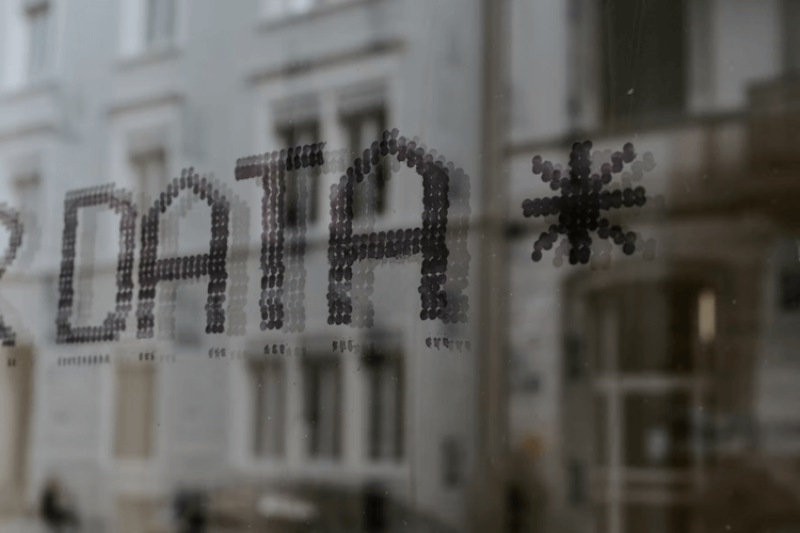Recent years have brought a revolution to the way in which patients receive treatment. Rather than be provided a therapy that has been tested across a broad range of the population, there are now many therapies on the market that are designed specifically to work for sub-populations within disease areas.
The ability to use genetic data to accelerate the R&D process is one of the most promising aspects in the growth of data usage. Adam Auton, VP of human genetic at 23andMe, told pharmaphorum that, so far, this approach had allowed the company to generate more than 50 early-stage drug developments programmes. “Our hypothesis, backed by published research, is that drug targets based on human genetics are at least twice as likely to become successful medicines than those with no underlying human genetic evidence,” he said.
In terms of how the company operates, Auton stated that it currently has more than 13 million genotyped customers, 80% of whom consented for their health data to be used in research. Scientists are able to study the aggregated, de-identified genetics of these individuals. The data can be paired against more than four billion self-reported health data points, which allows scientists to conduct analysis to identify underlying genetic causes to disease. In this way, the company is able to generate drug targets.































